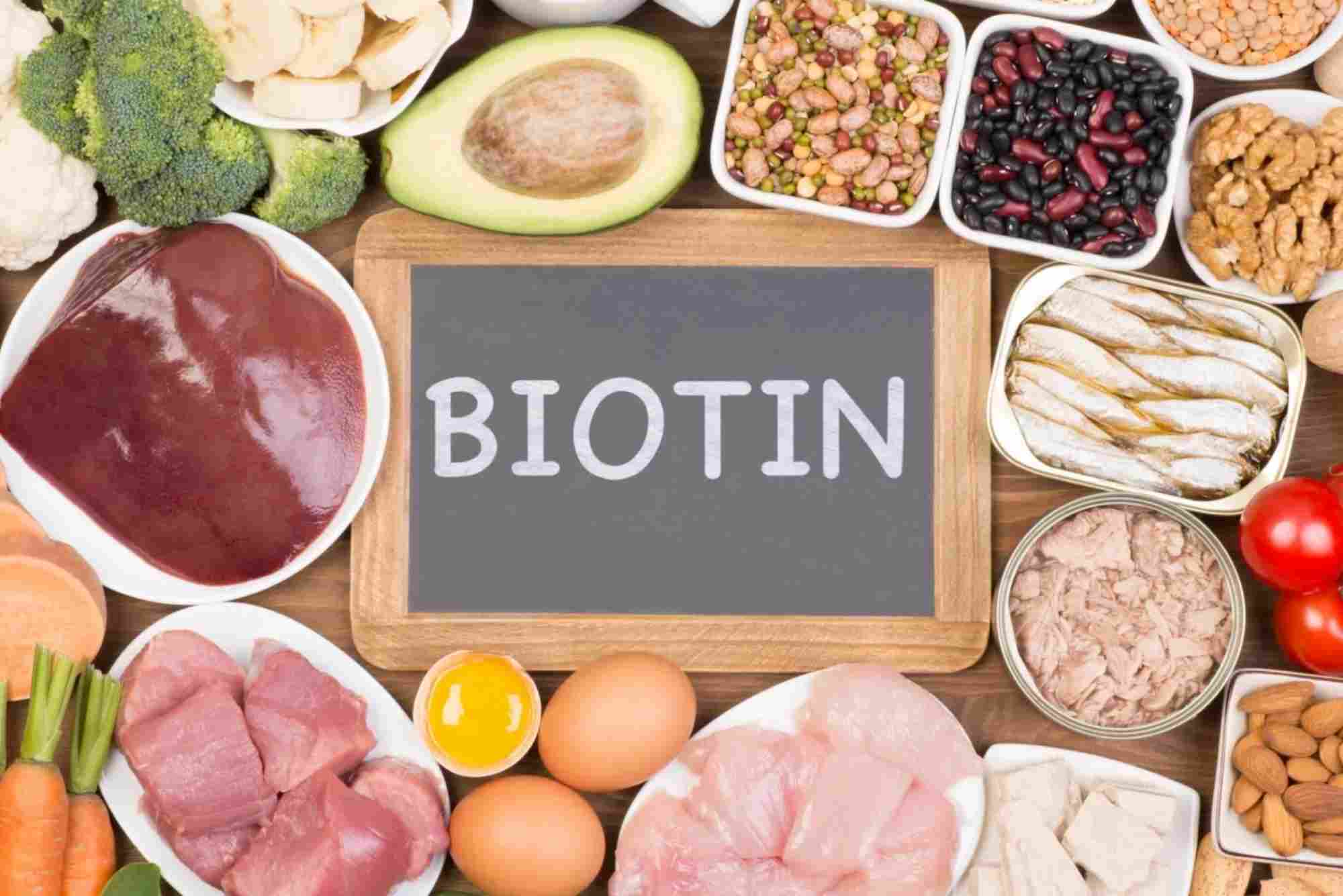Biotin Benefits for Hair, Skin, and Health
Biotin, also known as vitamin B7 or vitamin H, plays a crucial role in your body’s energy production and cell health. As a water-soluble B-complex vitamin, it supports several key functions related to your metabolism, nervous system, and most notably—your hair, skin, and nails. If you’ve ever searched for ways to strengthen your hair or boost skin radiance, chances are you’ve come across the term “biotin health benefits.”
This powerful nutrient has earned its place in countless beauty and wellness routines. But what exactly does it do? And how can you make the most of its benefits? In this article, we explore the scientifically-backed advantages of biotin and how it contributes to overall health.
What is Biotin and Why is it Important?
Biotin is essential for converting the food you eat into energy. It helps your body metabolize carbohydrates, fats, and proteins efficiently. It also plays a key role in maintaining the health of your liver, eyes, and nervous system.
Since your body doesn’t store biotin, you need to consume it regularly through your diet or supplements. Deficiencies are rare, but they can occur due to poor nutrition, digestive disorders, or long-term antibiotic use.
Natural Sources of Biotin
You can find biotin in several everyday foods. Eggs (especially yolks), nuts, seeds, sweet potatoes, and spinach are great sources. Even though most people get enough biotin from food, supplements can be useful if you have specific health or beauty goals.
Biotin Health Benefits for Hair
One of the most popular uses of biotin is for improving hair health. Here’s how it can help your hair grow stronger and healthier.
Promotes Hair Growth
Biotin supports keratin production, the protein that makes up your hair. When you increase biotin intake, you may notice stronger and fuller hair. Many individuals struggling with thinning hair turn to biotin supplements and report positive results within weeks.
A 2012 study published in the Journal of Clinical and Aesthetic Dermatology showed women with thinning hair experienced significant growth after taking a biotin-based supplement for 90 days.
Prevents Hair Breakage
Healthy hair starts at the root. Biotin helps strengthen hair follicles and reduce brittleness, preventing split ends and breakage. This is especially important if you use heat styling tools or chemical treatments regularly.
May Help with Hair Disorders
In some cases, biotin supplementation has been shown to improve hair health in individuals suffering from alopecia or other scalp conditions. While it’s not a cure, it can complement medical treatments effectively.
Biotin Health Benefits for Skin
Your skin reflects what’s happening inside your body. Biotin contributes to maintaining a healthy complexion by supporting skin regeneration and hydration.
Improves Skin Texture
A biotin deficiency can lead to dry, irritated skin or even dermatitis. Supplementing with biotin helps regulate oil production and improves skin texture. People often report smoother, more radiant skin after consistent use.
Supports Cell Regeneration
Biotin aids in the formation of fatty acids, which are essential for new skin cell production. This speeds up skin healing and keeps your skin looking fresh and youthful.
Helps with Inflammatory Skin Conditions
Biotin may ease certain skin conditions like acne, rashes, or itchiness, especially if linked to nutrient deficiency. Though it’s not a standalone solution for acne, it works well with a balanced skincare and dietary routine.
Biotin Health Benefits Beyond Beauty
While biotin is most famous for beauty-related benefits, its health impacts go far beyond the surface.
Enhances Metabolism and Energy
Biotin plays a vital role in the metabolic process. It helps convert carbs, fats, and proteins into usable energy. Individuals who feel fatigued or low on energy may benefit from biotin, especially if their tiredness stems from poor nutrient absorption.
Supports Brain Function
Biotin is essential for neurotransmitter activity and overall brain function. It supports a stable mood, improves cognitive performance, and may protect against age-related memory loss.
Promotes Healthy Pregnancy
Biotin is particularly important during pregnancy. It aids embryonic growth and helps prevent birth defects. However, pregnant women should consult their doctor before taking biotin supplements.
Maintains Heart and Blood Sugar Health
Emerging studies suggest that biotin may help regulate blood sugar levels, especially in people with type 2 diabetes. It also supports cardiovascular health by improving lipid profiles and reducing inflammation in blood vessels.
Signs of Biotin Deficiency
Biotin deficiencies are rare but can occur due to medical conditions, certain medications, or poor dietary habits. Common signs include:
- Hair thinning or hair loss
- Red, scaly skin rashes
- Brittle nails
- Fatigue or mental fog
- Mood swings
- Muscle pain or cramping
If you notice any of these symptoms and suspect a biotin deficiency, consult a healthcare provider. A simple blood test can confirm your biotin levels.
Should You Take a Biotin Supplement?
If you’re not getting enough biotin from food or have specific health goals like improving hair growth or skin clarity, supplements can be helpful. Many over-the-counter options are available in doses ranging from 1,000 mcg to 10,000 mcg. However, higher doses are not always more effective.
Look for supplements that combine biotin with other hair-supportive nutrients like zinc, collagen, or vitamin E. Choose brands that are third-party tested for purity and safety.
Always consult your doctor before starting a supplement, especially if you’re pregnant, breastfeeding, or on medication.





